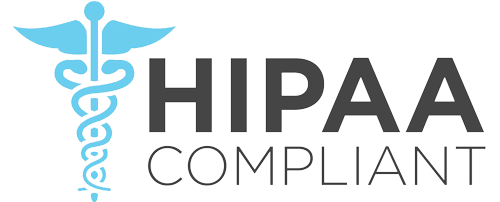Medicinal Use:
- Antibiotic, associated with diarrhea
- Infant colic
- Ulcerative Colitis
How to Use:
- Dried beans
- Garlic
- Green Bananas
- Leeks
- Live Culture Yogurt
- Miso
- Onions
- Sauerkraut
- Wheat
- Tablets
- Capsules
Overview:
Probiotics are live bacteria and yeast that are good for your digestive system. Known as “good” or “helpful” bacteria, probiotics send food through your gut by affecting nerves that control gut movement. The two most common probiotics groups are Lactobacillus and Bifidobacterium.
Lactobacillus: Generally found in yogurt and other fermented foods. May help people who can’t digest lactose, the sugar in milk.
Bifidobacterium: Found in some dairy products and may help ease the symptoms of Irritable Bowel Syndrome (IBS).
Cautions: The risk of harmful effects from probiotics is greater in people with severe illness or compromised immune systems. Possible harmful effects include infections, transfer of antibiotic resistance genes from probiotic microorganisms to other microorganisms in the digestive tract.
Warning: This information should not be used as a medical guide. In the case you are ill you should always consult with your health or medical specialist. Always talk to your health care providers about any complementary health approaches you use. Together you can make well-informed decisions.


